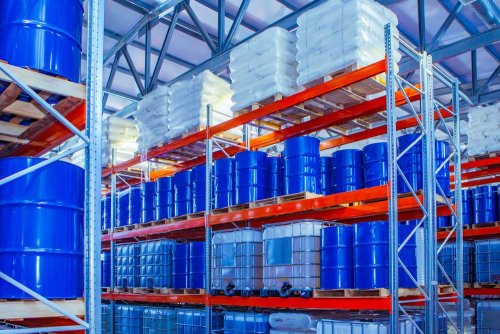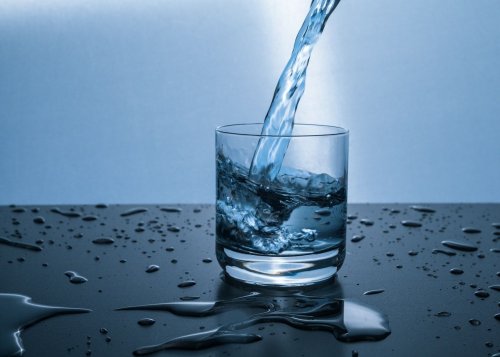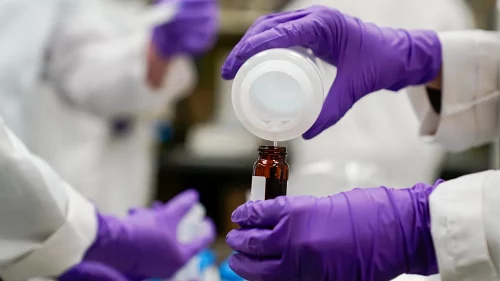On September 19, the European Commission restricted the use of perfluorohexanoic acid (PFHxA) and related substances.
This was reported on the official website of the EU executive body.
The Commission noted that these subgroups of peri- and polyfluoroalkyl substances (PFAS) are very stable and mobile in water, and their use in certain products poses an unacceptable risk to human health and the environment.
PFAS are called “perpetual chemicals” because they do not degrade in the natural environment. These chemical compounds need special attention because they are used in many industrial processes and are present in many consumer products. Scientists report a large number of cases of PFAS contamination of soil and water, including drinking water.
The new PFHxA restriction focuses on those uses where the risk is not adequately controlled, alternatives are available, and the socioeconomic costs would be negligible compared to the benefits to human health and the environment. Thus, the restriction prohibits the sale and use of PFHxA in:
- consumer textiles, such as raincoats;
- food packaging, such as pizza boxes;
- consumer mixtures such as waterproofing sprays;
- cosmetics, such as skin care products;
- some types of fire-fighting foam, for example for training and testing, without compromising safety.
Officials noted that this does not affect other applications of PFHxA, such as semiconductors, batteries or fuel cells for green hydrogen.
The European Commission called the restriction another important step forward in reducing PFAS emissions, since PFHxA is often used as a substitute for another already banned PFAS, perfluorooctanoic acid, or PFOA.
The restriction on PFHxA will officially come into force 20 days after publication in the Official Journal. It will take effect after a transition period of 18 months to 5 years, depending on use, to give manufacturers time to replace PFHxA with safer alternatives.
EcoPolitic reported earlier, why you should avoid PFAS and why they are dangerous.
Also at the end of March, we reported that the Committee for Sustainable Development and Planning of the French National Assembly unanimously passed the bill on the fight against “forever chemicals” – PFAS.
In April in the USA for the first time installed governmentwide restrictions on several hazardous chemicals (PFAS) found in tap water across the country.





